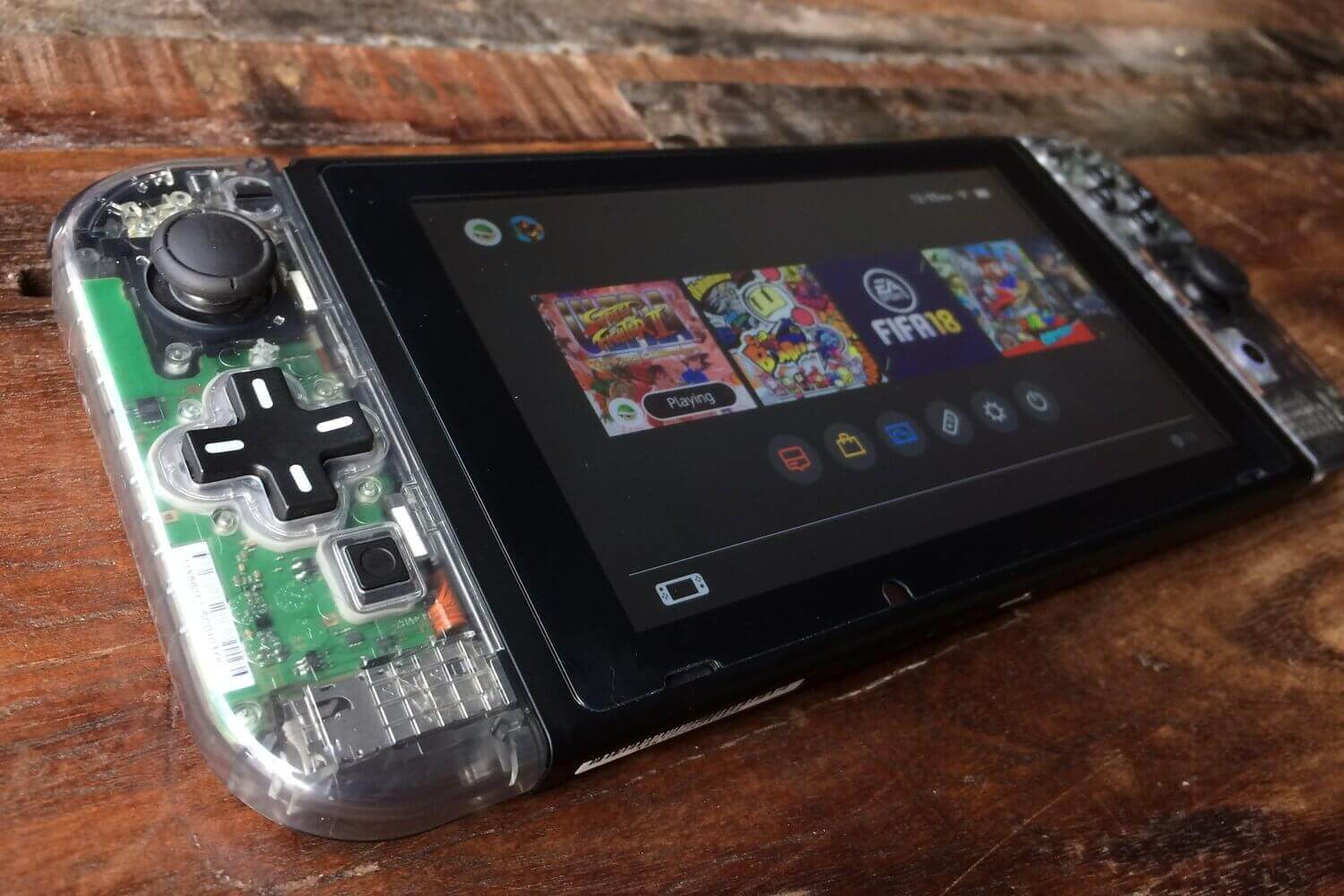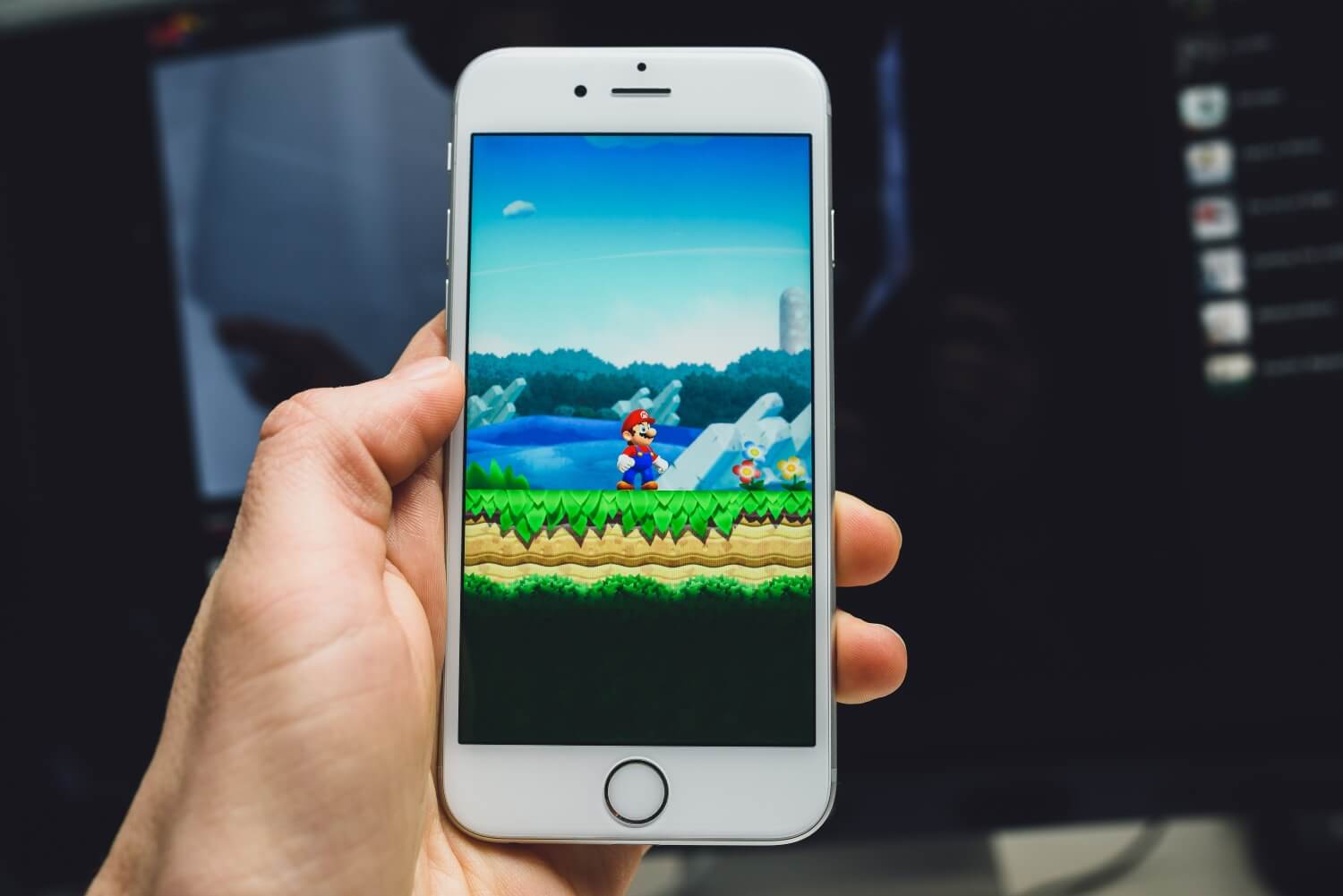Recap: When the late Satoru Iwata revealed in mid-2015 that Nintendo was planning to enter the lucrative smartphone gaming arena in the near future, the industry took notice. Nintendo has been a force to be reckoned with since the 80s but at the time of Iwata's remarks, the company was in a far different place than it is today. The Wii U had been on the market for about two and a half years and it wasn't doing well. The Switch, codenamed NX, wouldn't be out until early 2017 but nobody knew that at the time (nor did we know its form factor). Smartphones, meanwhile, were all the rage so it only made sense for Nintendo to see where that road would take it.
A handful of titles were launched in subsequent years including Super Mario Run, an auto runner in which players traversed levels while collecting coins, and Fire Emblem Heroes, a role-playing game that borrows elements from earlier entries in the series.
But then, the Nintendo Switch happened.
Nintendo likely had high hopes for the Wii U's successor but even the most optimistic of executives probably didn't anticipate this level of success. Since its launch in March 2017, sales of the Switch have held steady thanks in part to a string of hit titles including The Legend of Zelda: Breath of the Wild, Super Mario Odyssey, Super Smash Bros. Ultimate and most recently, Animal Crossing: New Horizons.

When the pandemic hit, demand spiked, making it virtually impossible to find a Switch in stock at retail.
Nintendo's share value spiked, too, and is currently trading near a 12-year high.
With the Switch now providing a solid foundation for its games, it came as little surprise last month when Nintendo President Shuntaro Furukawa said the company wasn't "necessarily looking to continue releasing many new applications for the mobile market."
By keeping gamers on its own platform, Nintendo gets to bring home a bigger slice of the revenue pie. Furthermore, the Switch allows Nintendo to avoid the unfavorable monetization options currently plaguing mobile and stand by its belief that its top franchises are best experienced with dedicated controllers, not on touchscreen-first phones.
Image credit: A. Aleksandravicius, Kelleher Bros.
